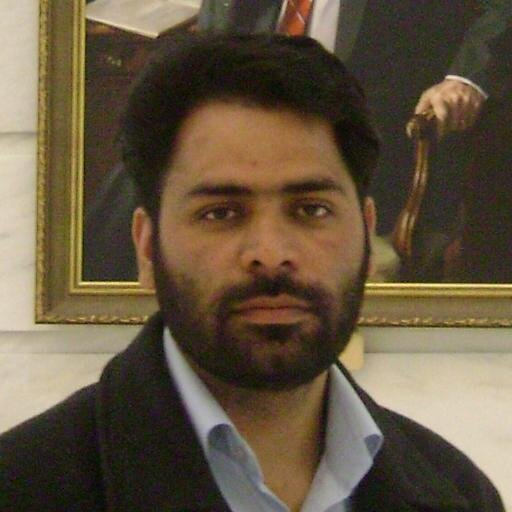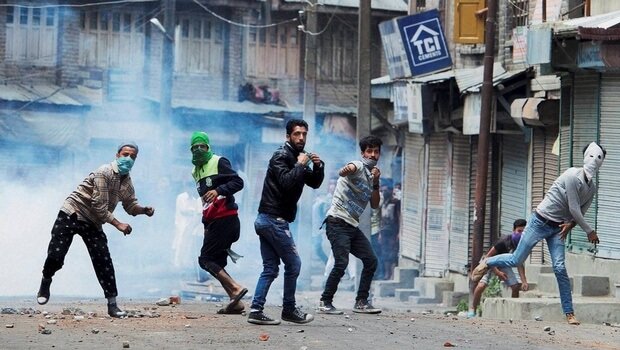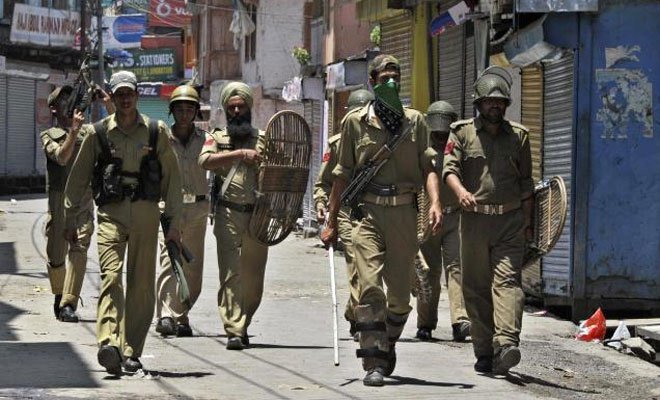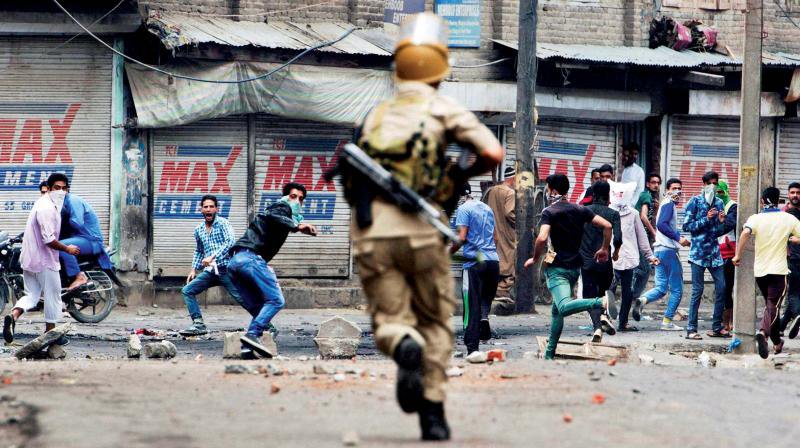The arrest and release of Kashmir’s prominent human rights defender, Khurram Parvez Khurram Parvez has once again put the spotlight on whether the Public Safety Act (PSA), under which he was jailed, has become the government’s tool to crush public voices.
While quashing his detention under the PSA, the Jammu and Kashmir High Court called the government order as “illegal” and said that the detaining authority had “abused its powers.” Parvez has now been released, is back with his family in Srinagar and has resumed work at the Jammu Kashmir Coalition of Civil Society – the human rights organisation where he works.

Parvez’s arrest, 76 days of his detention in Kotbalwal jail of Jammu and the court hearings have only highlighted how the PSA is used to silence voices which express dissent or highlight the human rights abuses committed by government forces. Amnesty International has called the act “a lawless law” and a campaign continues for its revocation, of which even Parvez has been a part. But even today, anyone, even minors, can be booked under the act for a minimum of six months or maximum of two years without any trial.
In the 2016 summer uprising of Kashmir valley that started on July 8 when Hizbul Mujahideen commander Burhan Wani was shot dead, hundreds of people were imprisoned and around 500 were booked under the PSA. In the four-month-long intense period of public demonstrations and violence, it is approximated that the government forces killed around 100 civilians, injured 14000 and more than 1000 were hit by pellets causing serious damages even loss of eyesight.

On September 15, Parvez wasn’t allowed to board a flight to Geneva for a session of the United Nations Human Rights Council. On September 16, the Jammu and Kashmir police arrested him from his Srinagar home. Five days later, he was booked under the PSA and sent to Kotbalwal jail in Jammu. Parvez says that he was not given any reasons for his arrest.
The police only informed him that they needed to speak to him. While reading out the judgment of his release, the High Court said that the detaining authority – the District Magistrate of Srinagar, “has not been sure whether the activities of the detenue were prejudicial to the security of the state or maintenance of public order.”
“The detention order suffers from lack of application of mind on the part of the detaining authority…Though it is the duty of the state and its authorities to maintain peace in society, it is equally their responsibility to ensure that laws, which they invoke to achieve such purpose, are followed and complied with honestly,” the order said.

While opposing his release earlier the government counsel had told the court, “Our schools are closed. Our education system is ruined. Development of the state has been put on hold because of these people. These are the well-planted persons. When he went to the jail there were three suitcases with him and there were foreign clothing.” Interestingly, there was nothing that could prove the involvement of Parvez in anything concrete for which he could he slapped with the PSA.
Parvez also believes that the government is only using this law to crush dissent, because under this act they don’t need to provide any evidence to arrest someone. “They can just book you under PSA saying that you are a threat to peace. It is easy for the government with the help of this draconian law,” he said.
Almost 500 people, including many minors, are in jail under the PSA. In one such case, the police in the PSA dossier showed 17-year-old Tanveer Ahmad Bhat of Anantnag, who was arrested in August, as 21 years old. Recently, hearing his petition, the high court ruled that a minor couldn’t be booked under the PSA.

The five-member group led by Yashwant Sinha also urged the government that the minors shouldn’t be arrested under the Public Safety Act and must be released immediately. “Children have been arrested under Public Safety Act, which is illegal,” a member of the team told The Indian Express. “We will suggest in the report that they are immediately released. They cannot be sent to jail if they commit crimes, there are Juvenile Justice Boards to take care of that.”
In the worst-ever crackdown launched by the government of Jammu and Kashmir following the months long public uprising, the PSA has been widely used to send hundreds to jail. However, in the past it has been seen that slapping PSA, mainly on youth, has been pointless and detrimental. The government has also not considered any alternative or amendments to this law, which has ironically become the most draconian and unsafe for dissenting voices.

















